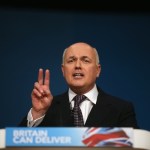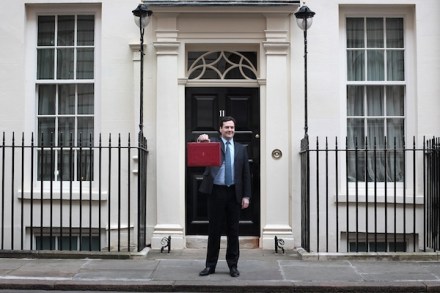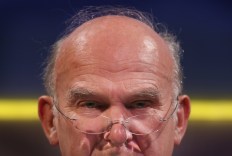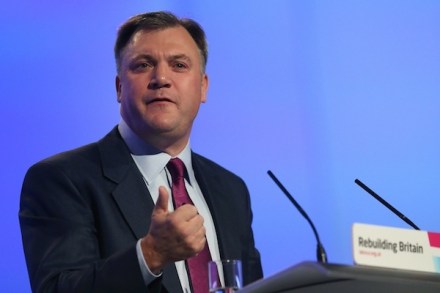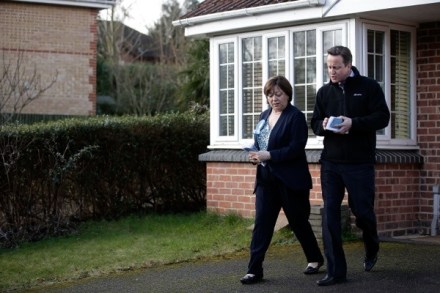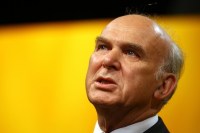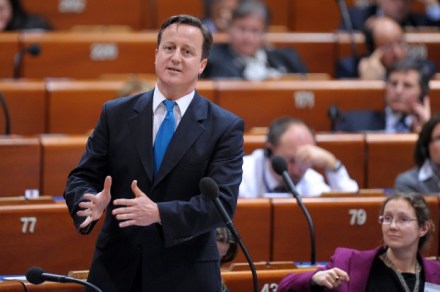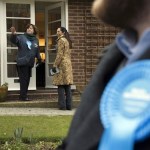The truth about Ukip supporters
Who are all these folk jumping on Nigel Farage’s bandwagon? Ukip — which received just 3 per cent of the vote in 2010 — is now averaging about 11 per cent in the polls. Its rise has fuelled all sorts of speculation about where its supporters are coming from and why they’re turning to the party. Today, YouGov have thrown a bit of data into that speculation. They’ve combined the results of all their February polls, which sampled 28,944 people including 2,788 who said they’d vote Ukip. The results are a mixture of the expected and the surprising. First, the expected: most of them voted Tory in 2010 — 60



